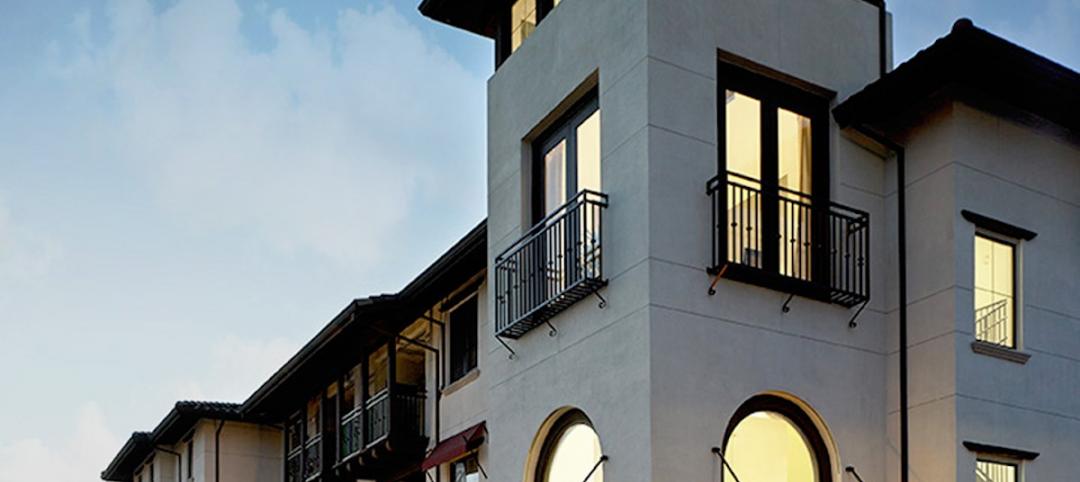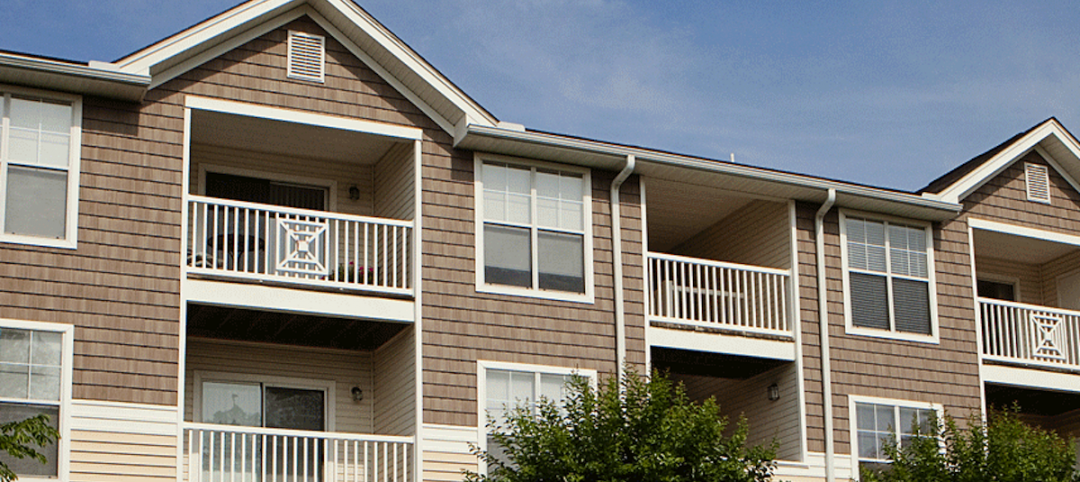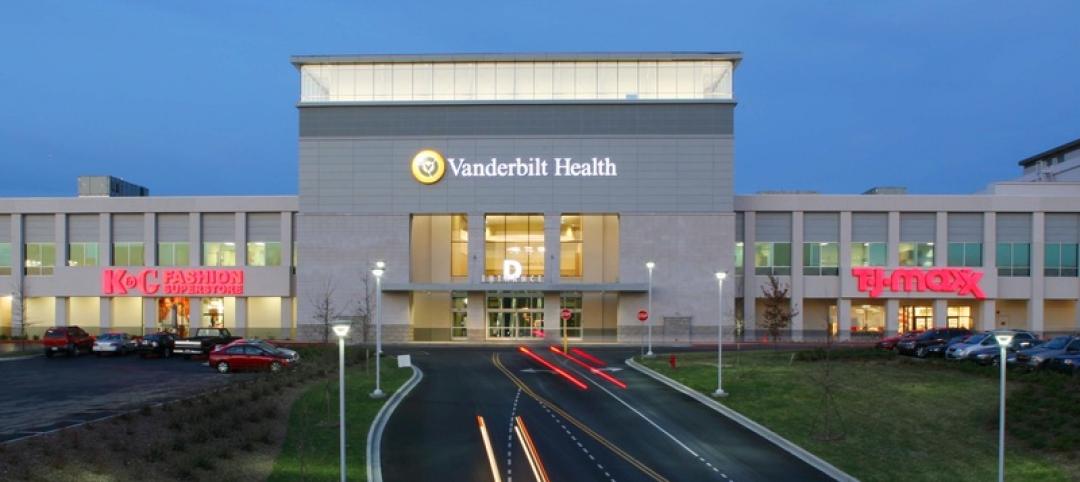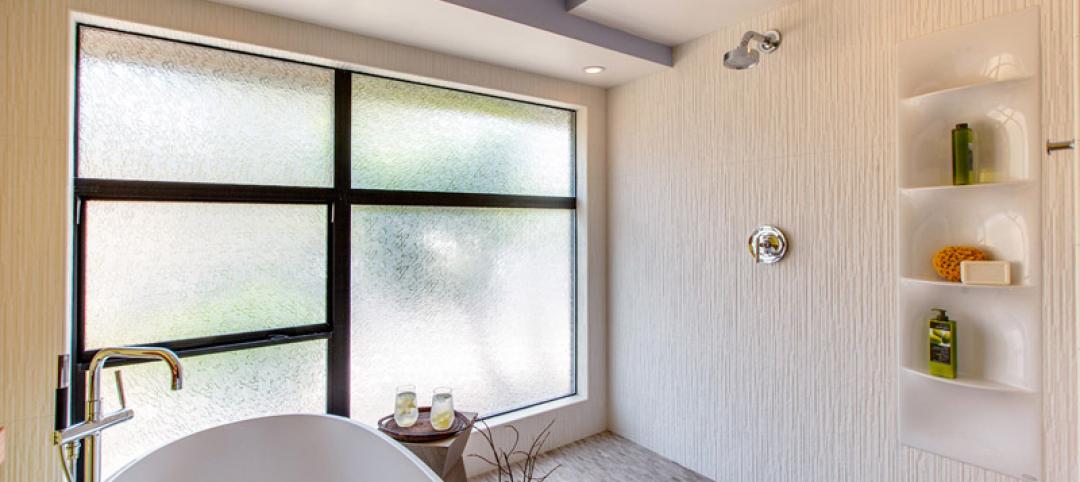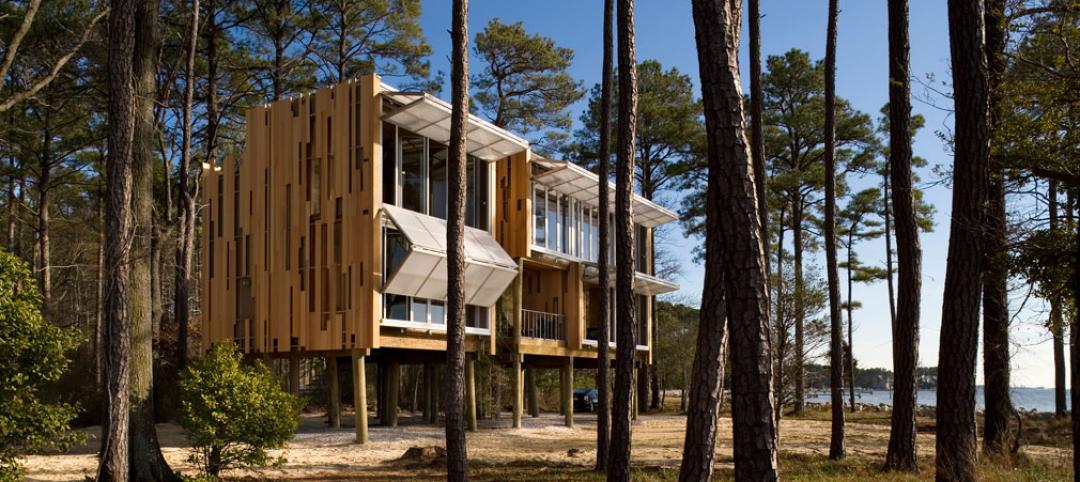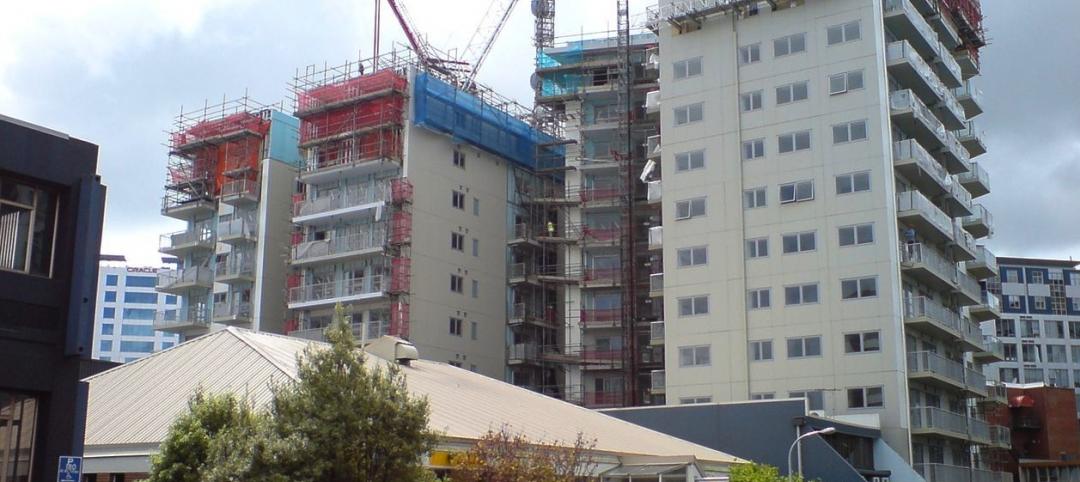Kaiser Permanente has entered into a partnership with Community Solutions to accelerate efforts to end chronic homelessness in 15 communities within the healthcare system’s national footprint.
Over the next three years, Kaiser Permanente will provide $3 million to Community Solutions’ Built for Zero initiative, which since 2015 has used real-time data and existing resources to help 10 communities house more than 65,227 veterans and another 38,583 chronically homeless Americans. The organization estimates that, on any given night, as many as 125,000 people are chronically homeless in America today.
A spokesperson for Community Solutions, Jake McGuire, tells BD+C that his organization’s purpose is to assist communities in pulling together homeless information into one database that would be updated monthly, as the first step toward devising testable strategies to address homelessness.
Those solutions will vary by community. But the goal is to place homeless individuals and families into permanent housing with appropriate support services and case management. McGuire says that it’s less about building new apartments than about unifying a community’s disparate efforts to reduce chronic homelessness.
Kaiser Permanente is one of several partners working with Community Solutions. Others include The Home Depot Foundation, JPMorgan Chase & Co., The Ballmer Group, and Tableau Foundation, which provides data analytics software.
Six of the 15 Kaiser Permanent communities participating in Built for Zero are in California: Sacramento and Sacramento County, Marin County, Richmond and Contra Costa County, Fresno and Madera County, Santa Cruz, Watsonville, and Santa Cruz County; Bakersfield and Kern County, and Riverside County. The other participating markets are Washington D.C., Baltimore, Montgomery County, Md., Arlington County, Va., Fairfax, Va., Denver, Atlanta, and Honolulu.
Rosanne Haggerty (center), president of Community Solutions, speaking at Austin's South by Southwest Conference, where she announced a partnership with Kaiser Permanente, whose Chief Community Health Officer Bechara Choucair is sitting to her right. Bobby Watts, CEO, National Health Care for the Homeless Council, is to Haggerty's left. Image: Community Solutions.
The news of the alliance between Kaiser and Community Solutions was made public today during a panel discussion at the South by Southwest Conference in Austin, Texas. The panelists were Bechara Choucair, M.D., Chief Community Health Officer for Kaiser Permanente; Bobby Watts, CEO of the National Health Care for the Homeless Council; Laurel Blatchford, president of Enterprise Community Partners; and Rosanne Haggerty, president of Community Solutions.
In January, Kaiser Permanente announced separately its commitment to house 500 chronically homeless people over the age of 50 in Oakland, Calif. Last year, Kaiser created its Thriving Communities Fund, a $200 million investment fund focused on addressing affordable housing and other factors that contribute to homelessness.
There are just under 553,000 people who, on a given night, are homeless in the U.S. Approximately 35% are them are unsheltered, according to the U.S. Department of Housing and Urban Development. About 36,000 of these homeless are unaccompanied youths under 25 years old. Half of all homeless people are located in five states: California, New York, Florida, Texas, and Washington
HUD estimates that while chronic homelessness—i.e., someone with a disability who has been homeless for at least a year—is considerably below what it was a decade ago, it has been inching up over the past two years. HUD estimates that nearly one quarter (24%) of all homeless people experience chronic patterns of homelessness, and nearly two-third of these chronically homeless are unsheltered.
The persistent shortage of affordable housing in the U.S. hasn’t helped matters. While the connection between affordability and homelessness may not be as palpable as it was during the last recession—when nearly four million homes were foreclosed each year—many people nevertheless are worried that affordable shelter, either owned or rented, seems out of reach for so many.
Nearly three out of four American households believe the nation is suffering from a housing affordability crisis, according to a representative survey of 2,203 adults that the National Association of Home Builders conducted last November. Seventy-three percent of those polled said that a lack of affordable housing was a problem in the U.S., 68% said this was an issue in their state, and 54% saw it as an issue in the neighborhood.
Related Stories
Multifamily Housing | Mar 10, 2015
KTGY homes in on seniors with new studio
Its director, Doug Ahlstrom, says designs will emphasize socialization and community.
Multifamily Housing | Mar 10, 2015
Multifamily renovation now drives growth for national restoration business
Response Team 1 has established a national footprint through acquisitions.
Retail Centers | Mar 10, 2015
Retrofit projects give dying malls new purpose
Approximately one-third of the country’s 1,200 enclosed malls are dead or dying. The good news is that a sizable portion of that building stock is being repurposed.
Architects | Mar 9, 2015
Study explores why high ceilings are popular
High ceilings give us a sense of freedom, new research finds
Transit Facilities | Mar 4, 2015
5+design looks to mountains for Chinese transport hub design
The complex, Diamond Hill, will feature sloping rooflines and a mountain-like silhouette inspired by traditional Chinese landscape paintings.
Multifamily Housing | Mar 3, 2015
10 kitchen and bath design trends for 2015
From kitchens made for pet lovers to floating vanities, the nation's top kitchen and bath designers identify what's hot for 2015.
Sponsored | Modular Building | Mar 3, 2015
Modular construction brings affordable housing to many New Yorkers
After city officials waived certain zoning and density regulations, modular microunits smaller than 400 square feet are springing up in New York.
Modular Building | Feb 23, 2015
Edge construction: The future of modular
Can innovative project delivery methods, namely modular construction, bring down costs and offer a solution for housing in urban markets? FXFOWLE’s David Wallance discusses the possibilities for modular.
Multifamily Housing | Feb 23, 2015
Millennials to outgrow Baby Boomers in 2015
The Baby Boomer generation, once the nation's largest living generation, will be outpaced by the Millennials this year, according to the Pew Research Center.
Multifamily Housing | Feb 19, 2015
Is multifamily construction getting too frothy for demand?
Contractors are pushing full speed ahead, but CoStar Group thinks a slowdown might be in order this year.



